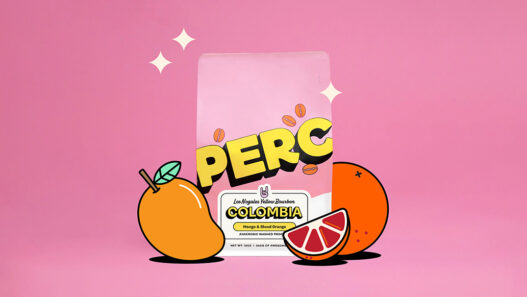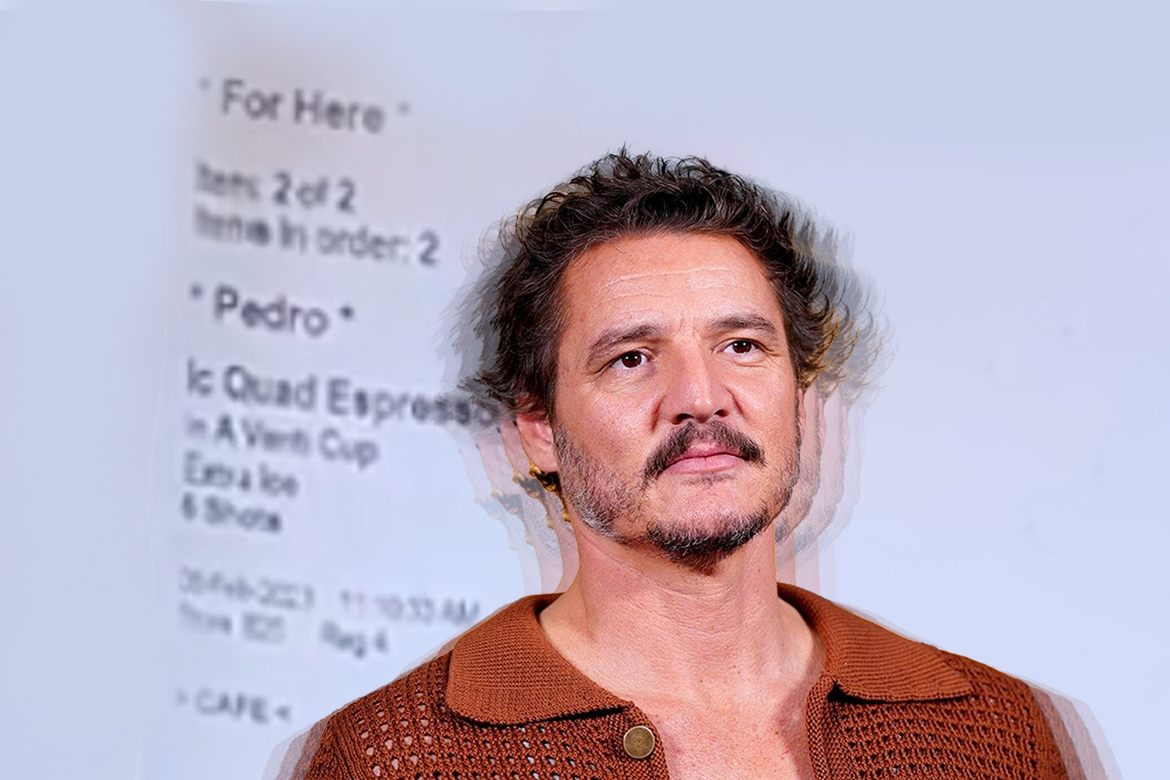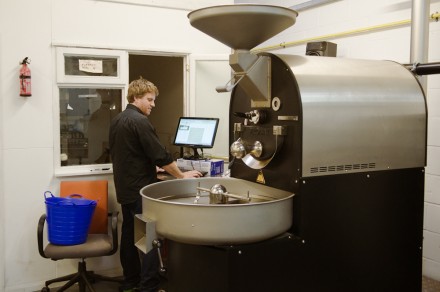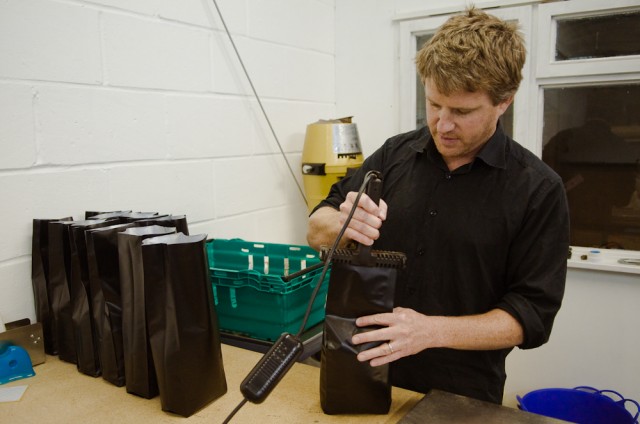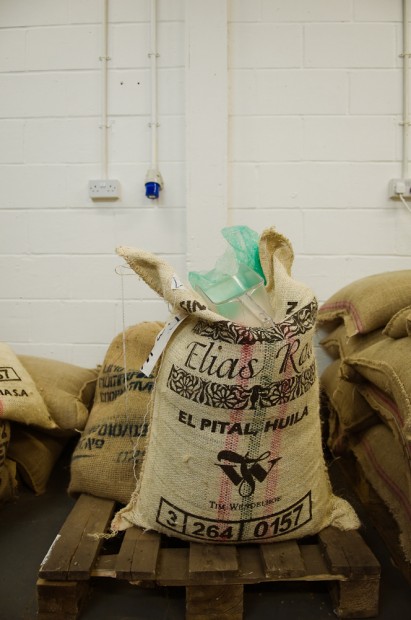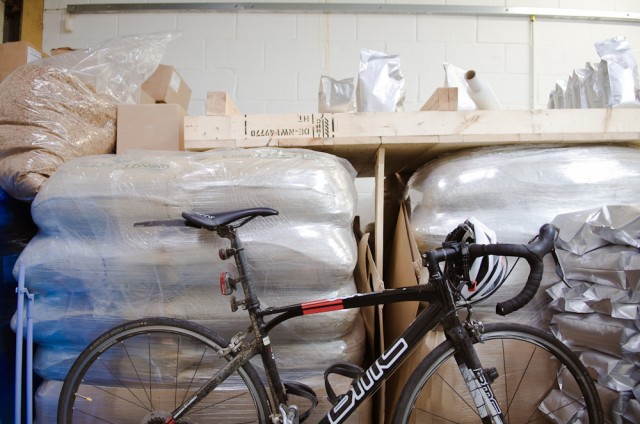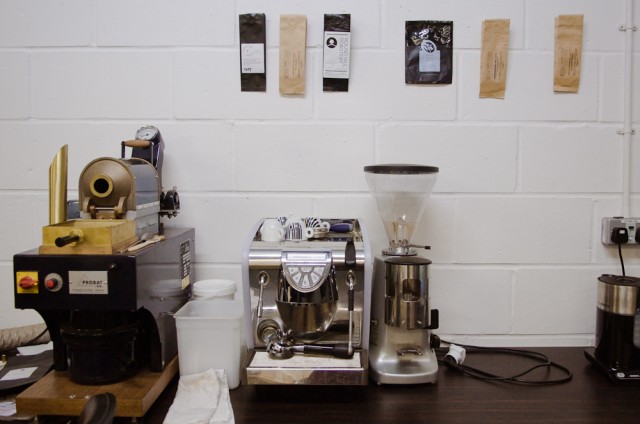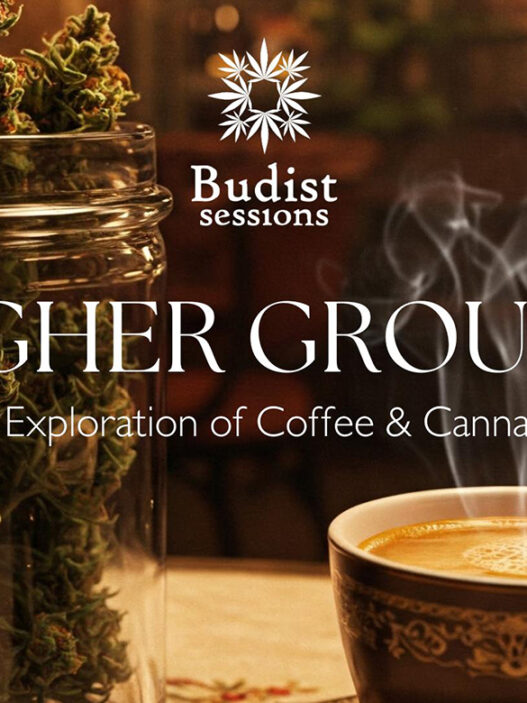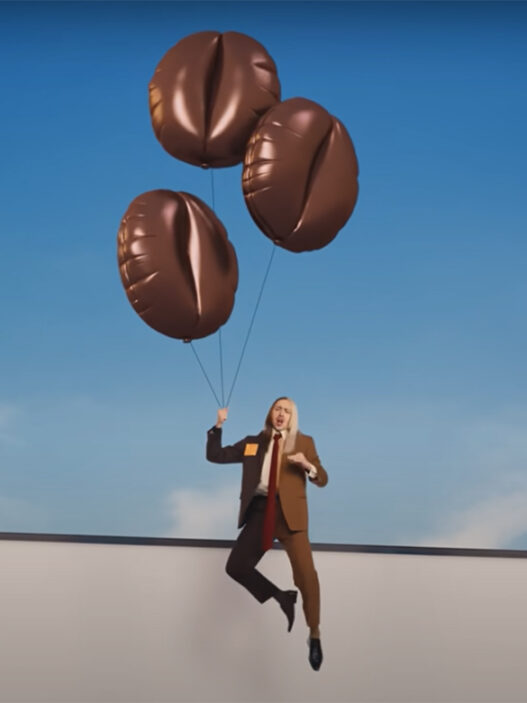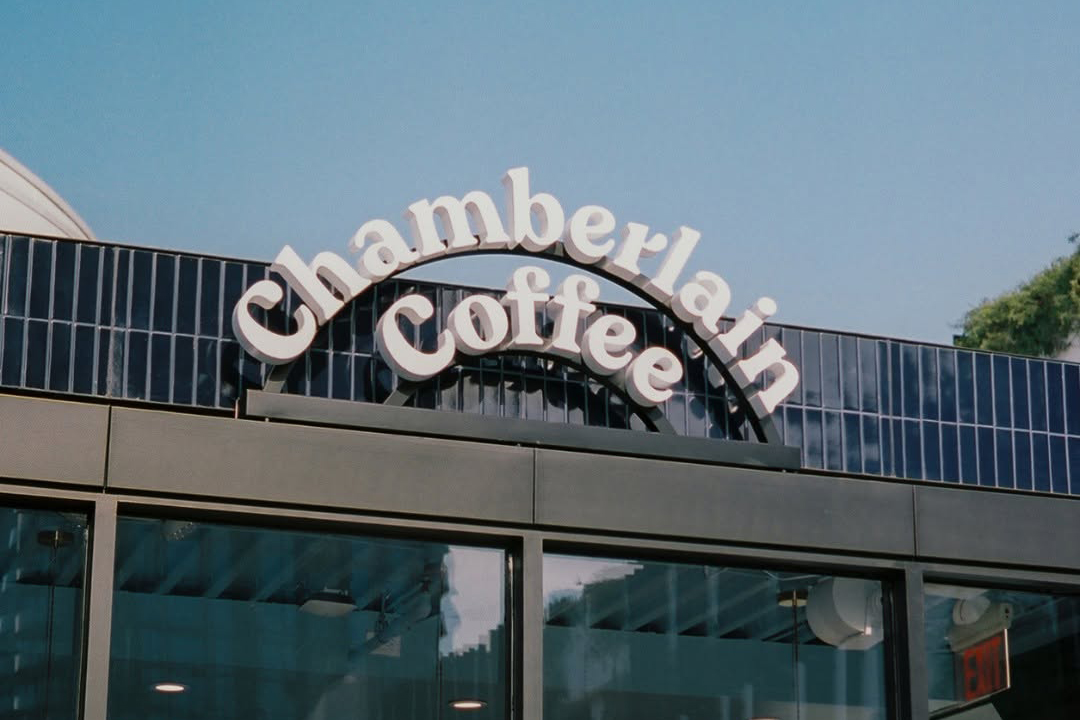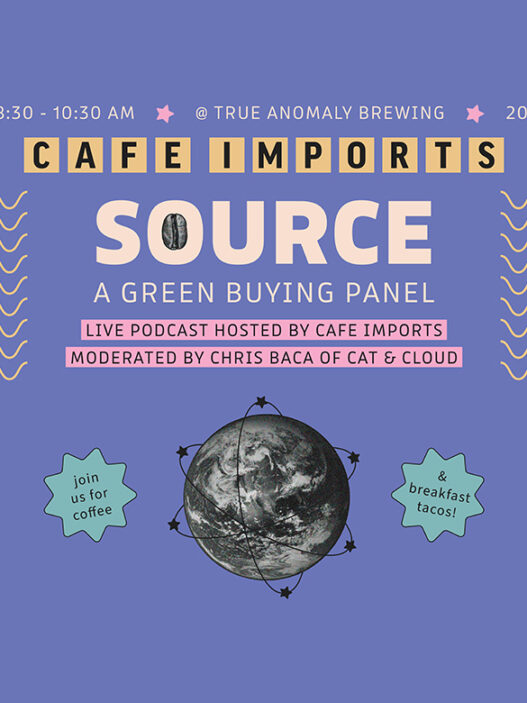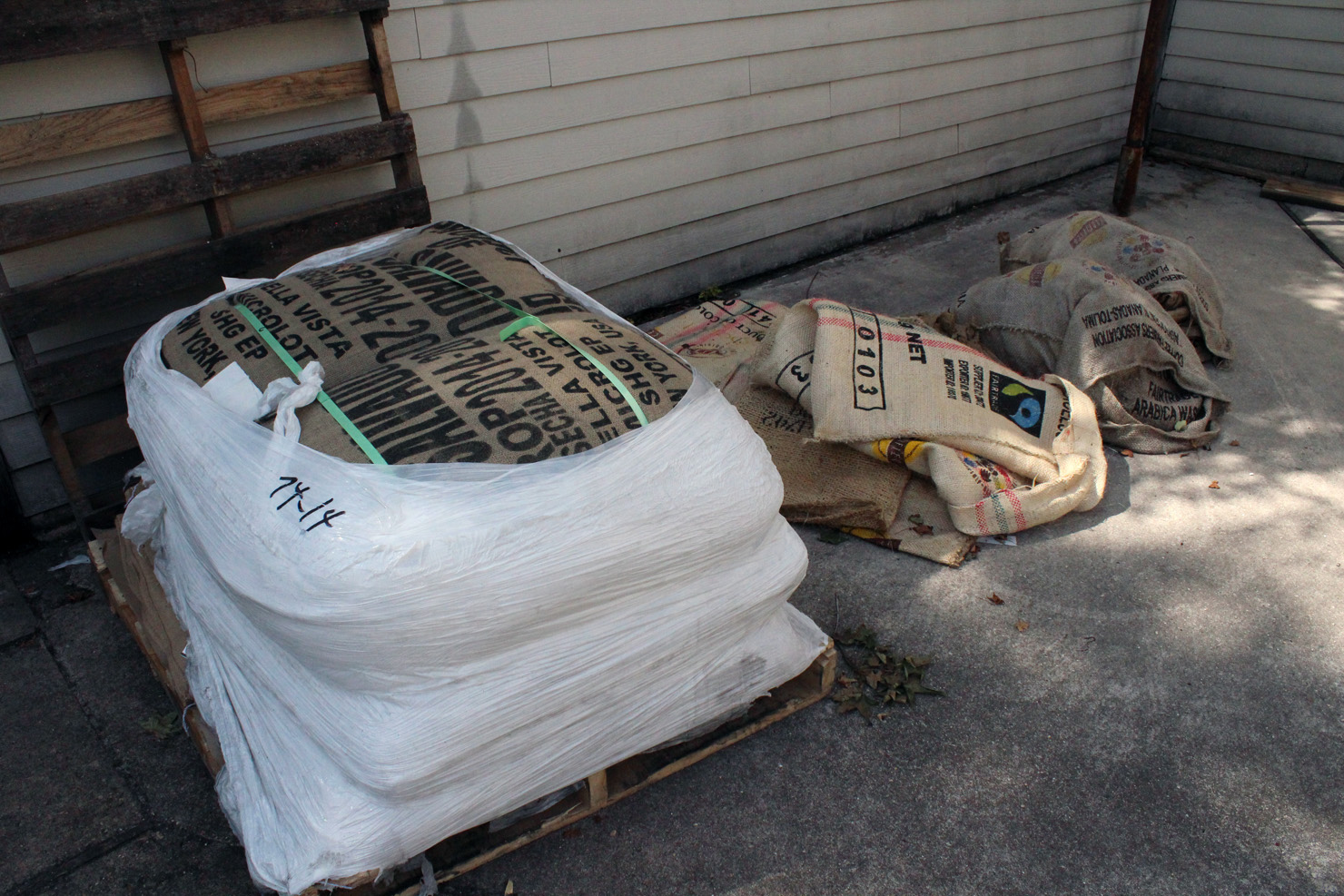In 2011, Travel + Leisure magazine named London’s Tate Modern as the 5th most-visited museum in the world. 5.25 million visitors come to Tate Modern each year, with close to 2 million additional visits to Tate’s separate, but equally impressive British national art collection. This national collection first opened in 1897, with art donated by Henry Tate, a “sugar daddy” in the classic sense; the museum’s collection is home to art dating back to the time of Henry VII. Tate Modern opened in 2000, and has since become lionized as the world’s most popular modern art museum.
There are cafes throughout the Tate museum, and the cafes at Tate Modern in particular are wildly busy, among the most well-trafficked in all of London. This is not just because admission to the museum is free — the third floor espresso bar boasts two stunning, airy balconies overlooking the Thames, to which musuem visitors flock in droves. But far from the din and rush of these balconies, in a nondescript industrial complex in South London, every drop of coffee served at these cafes is being quietly roasted for Tate by a man named Benjamin Presland.
I don’t blame you if this information comes as a surprise. Feel free to check us on Google, but we believe this is the first feature ever written about Tate Roasting.
I met up with Benjamin Presland at Tate’s roastery in Brixton on another beautiful – read, rainy – day in London. With Tate’s imprimatur, you might expect something a bit grand and colourful, but the operation is much like how you’d imagine any start-up roastery: a mile high pile of burlap bags of green coffee, a misfit toy collection of brewing equipment, and, off in the corner, a Probat (P-12 Probatone) whirring away with a familiar and comforting roar.
Mr. Presland has been in London 12 years now, another in a long line of Australian expats to make their mark on this city’s coffee scene. He first started working with Tate as part of his previous job with Illy, where he set up a coffee training and quality control program for cafe staff at the museums with his then-colleague, Tim Varney (formerly of Tim Wendelboe, now with Fuglen). From this entry position at Tate, Mr. Presland told me, “the natural progression was to go away from a large Italian supplier like Illy and look at something local. Where possible, we try to do everything local at Tate, from beer and wine to coffee.”
From there he started asking around the London speciality coffee scene, receiving a series of resoundingly similar answers. “Everyone was saying, ‘How much coffee are you doing? You should be roasting.’” (They’re “doing” around 250-300kgs a week, these days.) The World Barista Championships in London that year confirmed interest in his model, and with some notable support from the industry, including Mr. Varney, the Tate Roasting program was set up.
Mr. Presland allows that convincing the board at Tate took some doing. This model, where a museum or public exhibition sources and roasts its own specialty coffee, is a first in the art world. But roasting was deemed a fine compliment to the institution’s wider motto of “by Tate, for Tate.” And it made good business sense, as all of Tate Roasting’s profits are reinvested directly back into the gallery, in the same manner as the food and drinks service at their busy restaurants.
Whatever coffee is lucky enough to end up being roasted by Tate also has a role in directly supporting the museums. This is no whim or bit of marketing (indeed, there has been no marketing): Tate Roasting are putting out some truly beautiful coffees. The current Tate espresso blend is a 50% Brazil FAF Bobolink – “for sweetness,” Ben told me – and equally 25% Rwanda Mahmebe and Ethiopia Debello, the results of which tasted fresh and pleasantly fruity. I also tried a juicy Chemex of an orchard-sweet Colombian from Finca Tamana, sourced by Nordic Approach.
It’s a balancing act then, for Mr. Presland, as he introduces coffees with a distinguished pedigree (and evident acidity) to the international and diverse throng of Tate visitors. “The difficult part is to produce a cup of coffee that is interesting and different, but still appeals to such a large demographic,” he told me. “My fear is always about doing too nice of a coffee. I think people might freak out a bit.”
Tate Roasting won’t be tucked away in South London for long. Their lease is up in 2014, after which they plan to move their roast works the newly refurbished Tate Britain. Their new facility will include space for public cuppings and a slow bar, plus ample education opportunities and a series of coffee-focused events for Tate members.
How lovely it is, to see conscientious, passionate, roasting paired with a creative, beautiful space, and on an internationally massive stage provided by Tate. The whole thing just feels right, doesn’t it? There’s a natural and longstanding relationship between coffee and art — the artist moonlighting as a barista, the daily cafe regular writing her novel – but as Mr. Presland told me, “Coffee and art are both really creative areas. Art is slightly an indulgence, but maybe coffee is, too.”
Elyse Bouvier is a staff writer for Sprudge.com, and a working barista at Talkhouse Coffee in Notting Hill, London.




